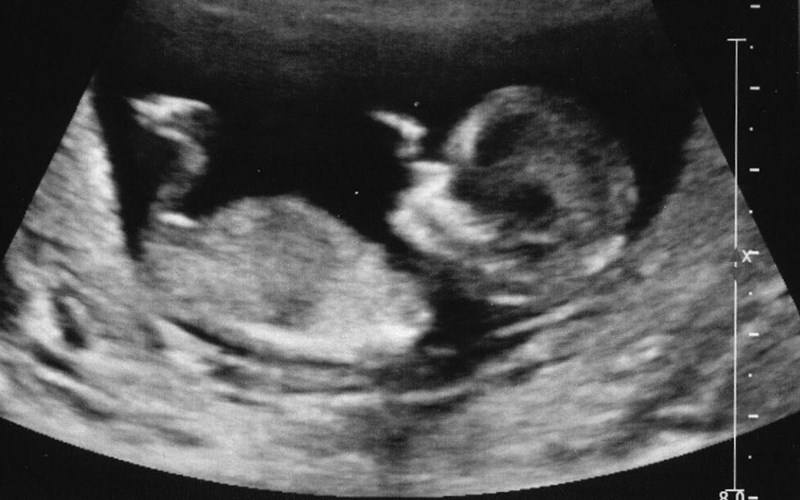Just six weeks after the U.S. Supreme Court kicked the question of abortion access back to the states, Indiana became the first in the nation to sign new restrictions into law. With no Democratic support, the Indiana Senate voted 28-19 to accept Senate Bill 1 as passed by the House earlier the same day, and Governor Eric Holcomb (R) signed it into law.
It took effect on September 15 but was paused when a lower court judge issued a preliminary injunction a week later. In its order on Wednesday, the state Supreme Court denied a request from Republican Attorney General Todd Rokita to allow the law to take effect pending a court ruling.
In a statement released shortly after, Indiana Right to Life CEO Mike Fichter said his organization estimates that at least 3,000 unborn babies, whose lives otherwise might have been saved, will now "needlessly die" from abortion as Senate Bill 1 remains blocked.

"Thousands more will die as we await a final ruling after the January hearing," he laments. "We're confident the law will be upheld, but it's going to be far too late for those whose lives are going to be lost as this is argued in the courts."
The law bans most abortions in Indiana with a few exceptions for things such as rape, incest, "fetal fatal anomalies," and/or when the mother's life is at risk.
In August, after signing the legislation into law, Gov. Holcomb called it progress in protecting life.
"Following the overturning of Roe, I stated clearly that I would be willing to support legislation that made progress in protecting life," he said. "In my view, SEA 1 accomplishes this goal following its passage in both chambers of the Indiana General Assembly with a solid majority of support."
The American Civil Liberties Union (ACLU) of Indiana called the law "cruel and unconscionable."
The hearing scheduled for January 12, 2023.







